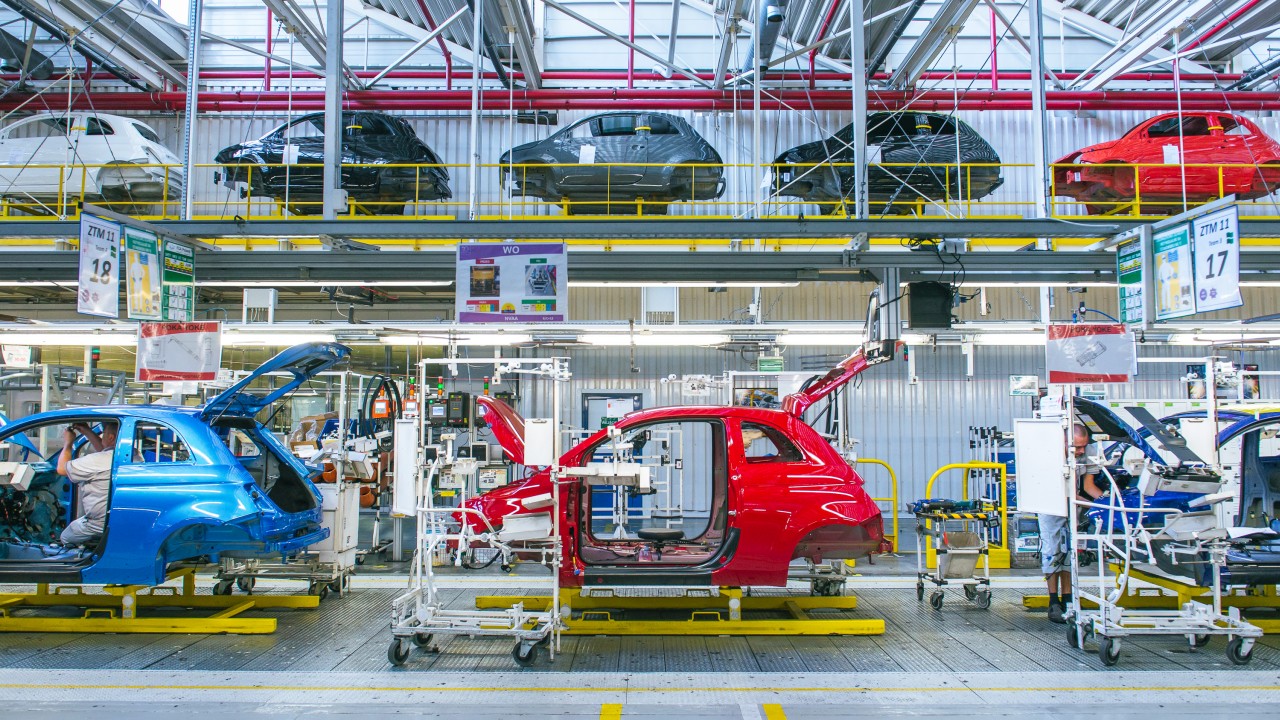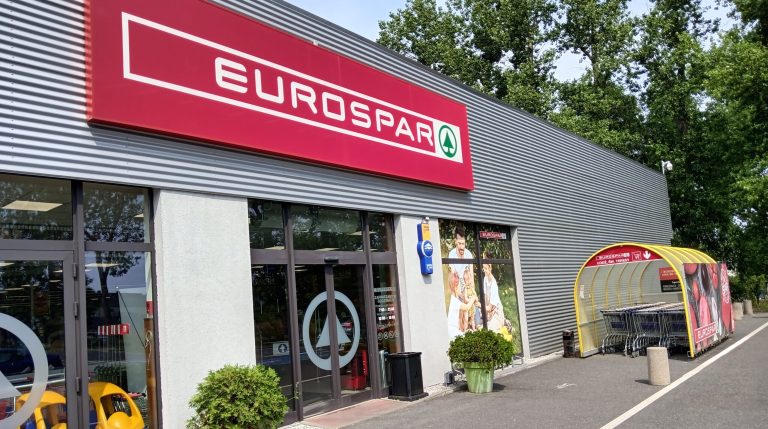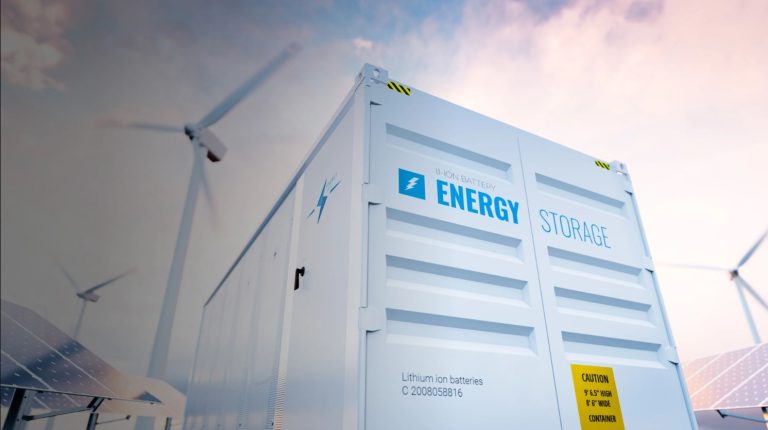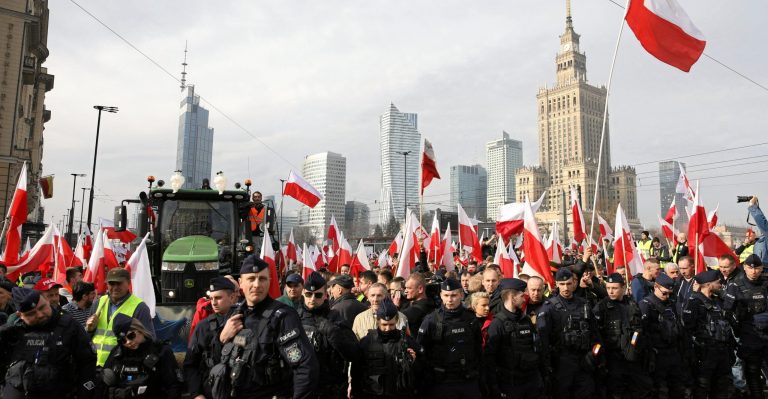Historic Fiat car factory in Poland to close after 75 years

A historic factory in the Polish city of Bielsko-Biała, which has operated since 1948 and produced the iconic Fiat 126p “Maluch”, will close with the loss of over 450 jobs. A trade union says EU restrictions on vehicle emissions are behind the decision.
It was announced this week that the FCA Powertrain plant in Bielsko-Biała – which is owned by Stellantis, the corporation formed from the merger of Fiat Chrysler and Peugeot Citroën – was being put into liquidation.
During the communist era, the then state-owned plant produced cars under licence from Fiat, including the famous “Maluch” (meaning “little one”). In 1992 the facility was privatised and taken over by Fiat.
Production of Fiat 126p (Maluch) cars at the factory in Bielsko-Biała in the 1970s.
Commenting on the liquidation, Wanda Stróżyk, chairwoman of the branch of the Solidarity trade union representing Polish Fiat workers, told local newspaper Dziennik Zachodni that “we all expected this”. She noted that 300 employees at the plant had already been dismissed last year.
Another union operating at the factory, the Metalworkers Trade Union (ZZPM), said in a statement that the plant’s manager had told them “that the reason for the liquidation is the introduction of regulations by the European Commission on internal combustion engine emissions [and] the decrease in orders for engines”.
The union said the resultant redundancies would cover the entire 468-strong staff and would be implemented from February to December 2024.
Tym razem z cyklu cienie rewolucji elektromobilności: spółka z grupy Fiat zamyka fabrykę silników spalinowych w Bielsku-Białej. Pracę straci 500 osób https://t.co/QuxKhtxoTn
— Grzegorz Nawacki (@nawacki) January 4, 2024
FCA Powertrain’s management announced that, together with the trade unions, they will work out solutions to provide the employees with the “best possible conditions needed to go through the process of professional change,” reports the Puls Biznesu daily.
Stellantis, meanwhile, assured that it will offer those previously employed at the Bielsko-Biała plant jobs at its other production facilities in Poland if they express interest in this possibility.
FCA Powertain was formed in 2003 by Fiat and General Motors, Fiat’s strategic shareholder at the time. Since then, the plant has produced more than 7.3 million engines, including two models that have won “International Engine of the Year”: the 1.3-litre MultiJet turbodiesel engine in 2005 and the TwinAir engine in 2011.
Fiat Chrysler is investing €166 million in its car plant in southern Poland – already one of the company’s largest – to produce new hybrid and electric models of its Jeep, Alfa Romeo and Fiat brands https://t.co/3QuALUuKAE
— Notes from Poland 🇵🇱 (@notesfrompoland) December 30, 2020
At the end of 2016, Fiat Chrysler announced the expansion of production in Bielsko-Biała, with 1- and 1.3-litre petrol engines from the new FireFly family. Their production began in 2018.
FCA Powertrain employed 1,200 people at that time and had annual revenue of 2.3 billion zloty, including 1 billion zloty in exports, reported the Gazeta Wyborcza daily.
According to the newspaper’s automotive correspondent Andrzej Kublik, Fiat Chrysler’s merger with French manufacturer PSA – the maker of the Peugeot and Citroën brands – might be a bigger factor behind the closure of the historic factory than the EU’s emissions policies.
“When Fiat Chrysler and Peugeot Citroen announced at the end of 2019 that they would merge into a new company, later named Stellantis, questions immediately arose about the future of automotive factories in Poland,” Kublik wrote.
Tom Hanks has been for his first drive in the customised Fiat 126 'Maluch’ sent to his home in LA as a gift from the people of Bielsko-Biala after they learned of his love for the car, which used to be produced in their city https://t.co/syELstLyKt
— Notes from Poland 🇵🇱 (@notesfrompoland) December 2, 2017
Fiat Chrysler had car factories in Tychy and engine factories in Bielsko-Biała, while PSA, after buying Opel from General Motors, got a car factory in Gliwice and an engine factory in Tychy, he noted.
“The corporations declared that, although the merger would save money, they did not intend to close any factories,” noted Kublik.
“However, at the end of 2021, just before the deal was finalised, PSA closed the passenger car factory in Gliwice – Opel’s newest and most efficient car factory in Europe, and at the same time the only new car factory in Poland built [after the fall of communism].”
Last year, several vehicle manufacturers announced the closure of factories in Poland, including bus manufacturers Scania and Volvo Buses.
Poland has, however, had success in becoming a hub for the manufacture of electric vehicles and their components, with companies such as Mercedes-Benz and Volkswagen recently announcing large investments in production in Poland.
Volkswagen has chosen Poland as the location for a new €1.7bn plant producing materials for electric vehicle batteries.
The investment has been welcomed by the Polish government, which is providing €350 million in grants for the project https://t.co/xh0LuzHOyq
— Notes from Poland 🇵🇱 (@notesfrompoland) October 10, 2023
Main image credit: Stellantis press materials

Alicja Ptak is senior editor at Notes from Poland and a multimedia journalist. She previously worked for Reuters.






